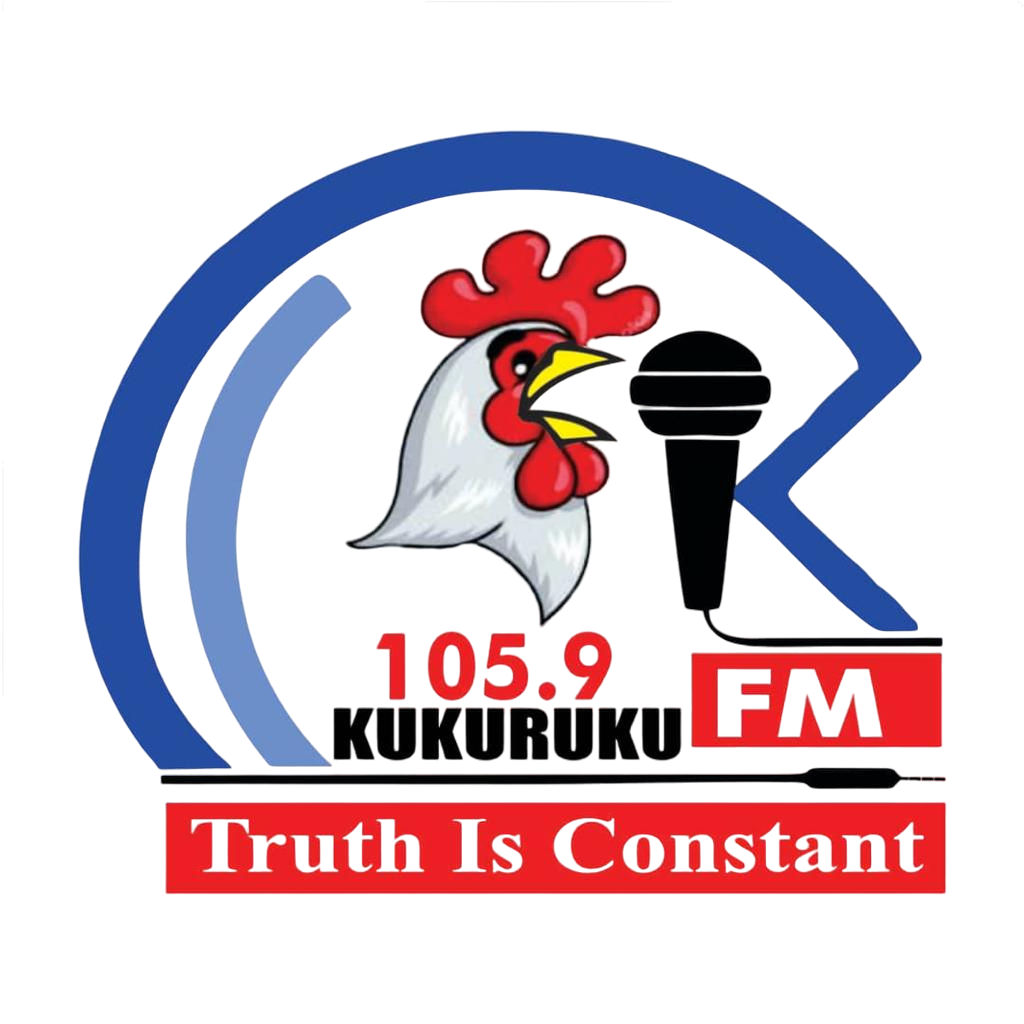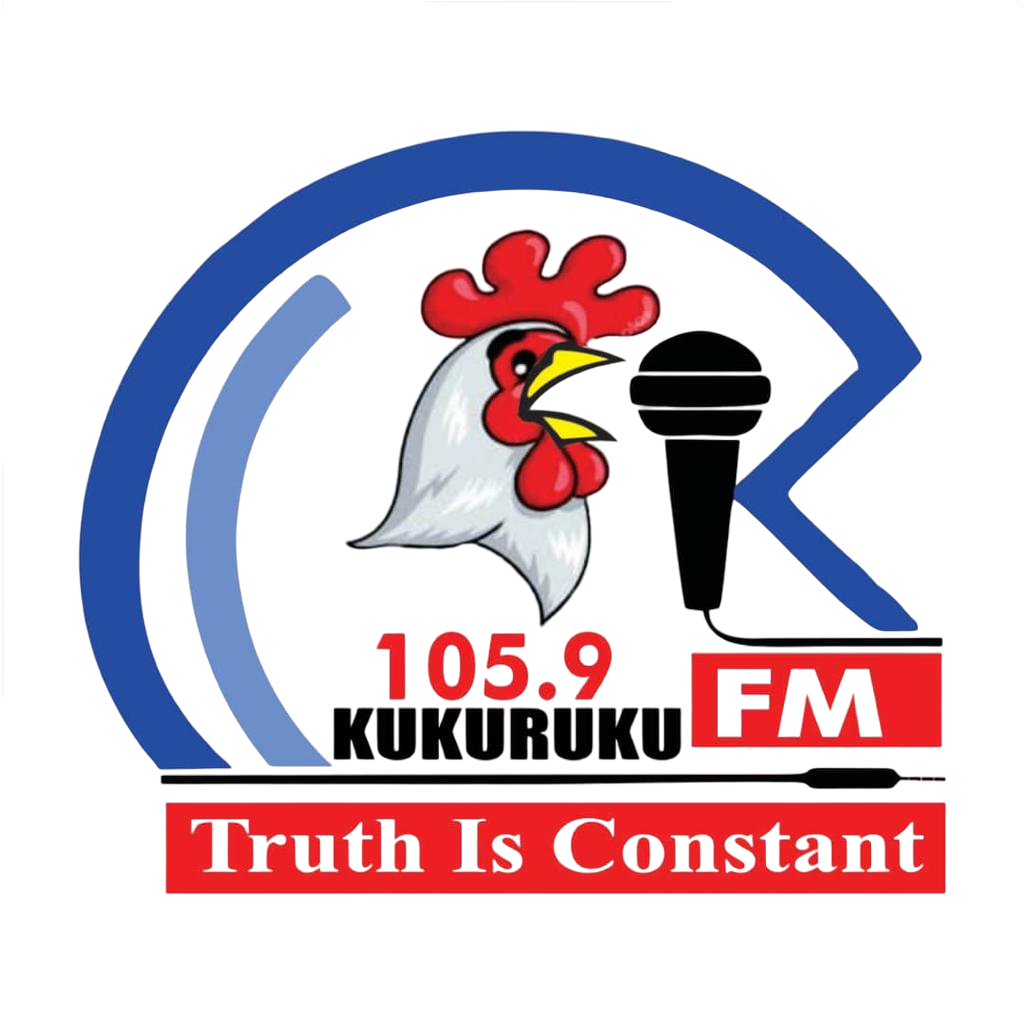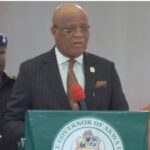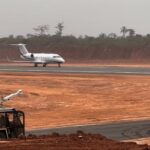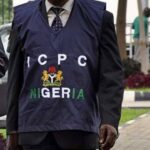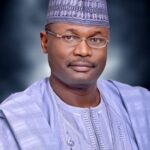Members of the Organised Private Sector and economists have expressed fear over the latest hike in the nation’s benchmark interest (Monetary Policy Rate) by the Monetary Policy Committee, saying the decision could significantly hamper economic operators’ ability to repay their loans.
At the end of its 295th meeting on Tuesday, the Governor of the Central Bank of Nigeria, Olayemi Cardoso, who also doubles as the chairman of the MPC, announced the decision of the committee.
The MPC raised the interest rate by 150 basis points to 26.25 per cent from 24.74 per cent.

Tuesday’s MPR hike became the third consecutive rise in the benchmark interest rate this year.
Since February when the MPC resumed, the policymakers have increased the MPR by 750 basis points.
The MPR was increased by 400 basis points from 18.75 per cent to 22.75 per cent in February. It was increased by 200 basis points to 24.75 per cent in March.
In a press briefing held after the MPC meeting on Tuesday, Cardoso defended the decision to hike the MPR again.
Cardoso said, “The key focus of the MPC at this meeting remained to achieve price stability by effectively using tools available to the monetary authority to rein in inflation. Members observed that while year-on-year headline inflation in April 2024 rose moderately, the month-on-month measures of headline, food and core all declined significantly. This follows a decline (month-on-month) of headline and food measures in March 2024, suggesting that the recent tight monetary policy stance of the Bank is beginning to yield the desired outcomes.”
Cardoso added, “For the first time since October, we have seen a relatively significant moderation in the rate of increase and that is working. I believe very strongly that the tool that the central bank is using is working. I have said it before, there is no magic wand, these are things that need to take their own time. I’m confident and the figures show that we are beginning to get some relief and I believe in a couple of more months, we will see some positive reports on the effects of what the CBN is doing.”
The MPC has maintained a hawkish stance as it battles inflation amid a challenging economic climate.
As of April, Nigeria’s inflation rate had risen to 33.69 per cent. The April 2024 headline inflation rate showed an increase of 0.49 per cent points when compared to the March 2024 headline inflation rate, according to the National Bureau of Statistics.
The NBS said that on a year-on-year basis, the headline inflation rate was 11.47 per cent points higher compared to the rate recorded in April 2023, which was 22.22 per cent. Food Inflation was 40.53 per cent in April 2024.
On the continued volatility of the naira, Cardoso said the MPC linked the development to the free market system.
“Members further observed the recent volatility in the foreign exchange market attributing this to seasonal demand, a reflection of the interplay between demand and supply of a freely functioning market system. The committee also noticed the marginal increase in the foreign reserve between March and April 2024,” he said.
However, members of the OPS and economists on Monday opposed the rake hike, saying it would worsen the business and economic environment as well as worsen the loan repayment crisis.
CBN figures showed that the non-performing loans in the banking sector stood at over N1.5tn in 2023.
The non-performing loans ratio was below the maximum prudential requirement of 5.0 per cent of banks last year. It declined from 5.0 per cent in June 2022 to 4.1 per cent in 2023, according to an MPC report in September last year.
The CBN report read in part, “The non-performing loans ratio remained below the maximum prudential requirement of 5.0 per cent. It declined from 5.0 per cent in June 2022 to 4.1 per cent in 2023.”
Meanwhile, the National Vice Chairman of the Nigerian Association of Small-Scale Industrialists, Segun Kuti-George, condemned the MPC interest rate hike.
Kuti-George said it was insensitive to keep raising the interest rates at a time when many businesses were relying on credit to survive.
He said, “That is the only thing they know. The only thing they know is to increase the interest rate. As long as the industrial sector cannot access cheap funds, we are joking. We cannot be talking about economic development.”
Also, the President of the Lagos Chamber of Commerce and Industry, Gabriel Idahosa, who also opposed the rate increase, accused the CBN of using the wrong metric to fight inflation.
Idahosa said, “The CBN is like a farmer that does not have any other tool. So, they are stuck with one tool. We just came out of a consultation session and this was the issue. The CBN is driving a metric that is not related to the problem.
“The problem is the cost of production. It has nothing to do with interest rates. It is not advisable to keep raising the interest rates, but they have run out of ideas and they don’t want to be seen to do nothing.”
Speaking further, Idahosa queried the MPC insisting that the move might not tame the rising inflation.
On his part, the National President Nigerian Association of Chambers of Commerce Industry Mines and Agriculture, Dele Oye, criticised the CBN for not engaging private sector players in the formulation of monetary policies.
Oye further stated that the absence of a clear and articulated fiscal policy for 2024 presents a significant challenge because “without a defined fiscal framework, businesses are left in a state of uncertainty, unable to make informed one-year or medium-term strategic decisions.”
